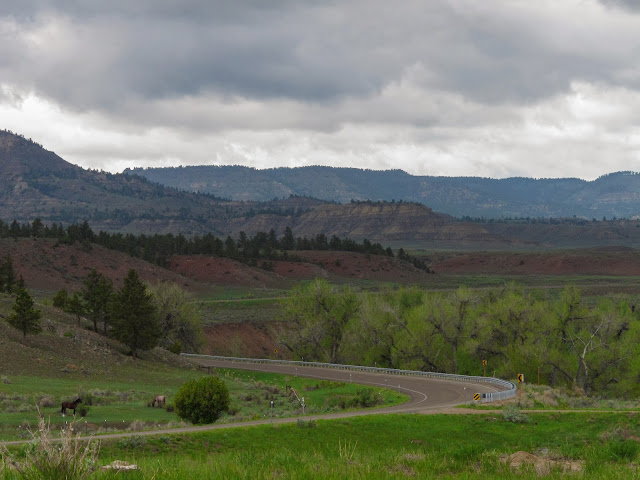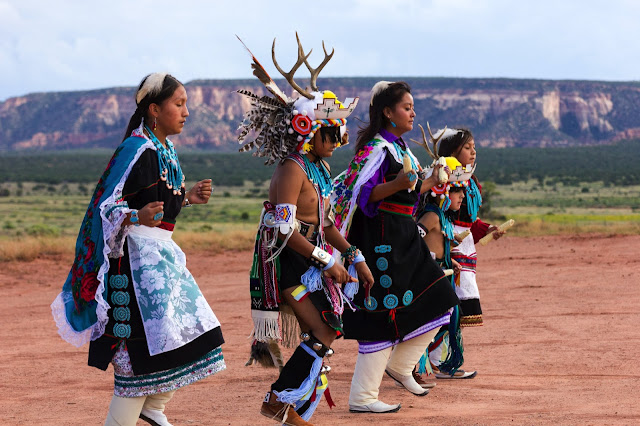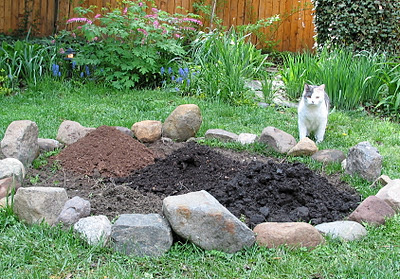The Long and Winding Road
This article appeared in Indian Country Media Network in 2013. For more on topics like this, see my book, American Apartheid: The Native American Struggle....
• Are you comfortable with non-Indian justice deciding the lawsuit?
• How do ceremonies figure in, such as the one you’ll conduct tomorrow before the hearing?
Text and photographs c. Stephanie Woodard. This article was reported with support from the George Polk Center for Investigative Reporting.
A winter storm struck Montana shortly before the October 10 appeals-court hearing for the voting-rights lawsuit Wandering Medicine v. McCulloch. Snow, hail, lightning and high winds closed roads and made obvious why Montana Indians were asking the Ninth Circuit Court of Appeals to help them obtain satellite voting offices for their reservations—something a lower court denied last year.
Even in good weather, the lawsuit’s lead plaintiff, Mark Wandering Medicine, and his Northern Cheyenne neighbors have tough time registering to vote. They travel as many as 180 miles over mountains and across prairies to the county seats where this, and early voting, may be done. Two other tribes involved in the lawsuit—Crow and Fort Belknap—face similar obstacles. When roads are treacherous, as they may be during the fall election season, their trips are perilous indeed.
On the eve of the appeals-court hearing, in Portland, Oregon, ICTMN talked to Wandering Medicine, shown below, about what the lawsuit means to his people. He has gone the distance for them, and for his country—fighting in Vietnam, becoming a ceremonial man and now spearheading the voting-rights struggle. If he has his way, his people’s road will be cleared, to the ballot box and to self-sufficiency.
Early in 2012, OJ Semans [the Rosebud Sioux civil-rights leader helping Montana tribes with voting issues] came to talk to us. The Northern Cheyenne who agreed to participate suggested me as lead plaintiff. As I thought about this, I remembered a story from 1878, when our ancestors were confined in Nebraska’s Fort Robinson. After Little Wolf expressed doubts about a planned break-out for Montana, a ceremonial man told him that leaders can’t hesitate—they must decide, then act on the people’s behalf. “You’ll turn around and see them following you,” he told Little Wolf.
• What are you asking for?
Equality. Our constitutional rights. There’s a vacuum—lack of voting access—that prevents us from participating politically and improving our situation. Isn’t that what all Americans want?
• Most Wandering Medicine v. McCulloch plaintiffs are veterans. Why?
Northern Cheyenne has one of the nation’s very highest rates of military service. We veterans choose to be patriots, to fight for our country. After we get back, no one looks at us. In Arizona, I met veterans living under a bridge, some in wheelchairs, dirty, unshaven. At the VA hospital, I see soldiers back from Iraq and Afghanistan who are without arms or legs, suffering from PTSD. All were once whole. They would have been productive citizens and now have trouble accessing veterans’ benefits, accessing the ballot box. I talked to Senator John McCain at a conference, and he agreed we should fight for our voting rights. It’s our chance to fix these problems.
I’m a trained paralegal. I like American jurisprudence and enjoy seeing professionals use language skillfully to argue on behalf of clients. Of course, when making decisions, the American system often considers revenue and benefits to greater society, in addition to judicial precedents. In our traditional system, we go to a higher power. When faced with great controversy, we ask our ancestors for guidance and invoke the Creator. Our decisions are based on our values, not on financial considerations.
They have to do with everything there is and are the foundation of who we were, are and will be.



